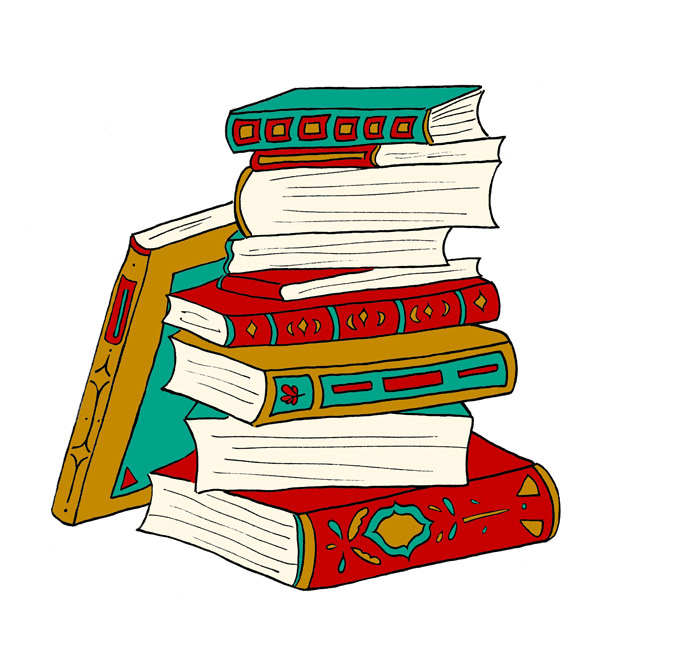The McGill Tribune contributors Sequoia Kim and Jonah Fried present their opinions on old versus new literature.
The case for contemporary literature
Sequoia Kim
Literature has been foundational to the ebb and flow of ideas in the world: Words and stories inform, persuade, and inspire us. However, bookshelves are overflowing with books written by old, white, and often deceased men of privilege. There is truth in the idea that history is written by the victors. If it is true that ‘history is written by the victors’, then only now are we getting the privilege of hearing from the ‘losers’ of history; characters, stories, livelihoods that were posited as simple features of the landscape in classic literature become the exhilarating central narrative in contemporary books. New books—books written just before and after the turn of the century—contain within them a treasure trove of unheard perspectives. They are refreshing.
Whether or not we are better or worse off with the imbuement of the internet into our lives and culture, surely no one living before the 19th century could bring themselves to even fathom the way we live today. Margaret Atwood’s speculative fiction, such as The Handmaid’s Tale and Oryx and Crake critically reflect the recent past and deliver a dire warning for our collective future. Reading them as we live through these tumultuous decades could not be more relevant.
Over winter break, I read On Earth We’re Briefly Gorgeous, by Vietnamese-American poet and author Ocean Vuong, published June 2019. Through seemingly effortless poetry and prose and spanning a mere 256 pages, Vuong touches on masculinity, the state of America, a boy’s coming of age, addiction, sexuality, first love, immigration, the Vietnam War, beauty, family, and self, among countless other themes. The best writers are those who reduce the gap between the limits of language and the human experience: Vuong vividly steeps readers in his journeys, pains, lessons, vulnerabilities. Gaining this insight into diverse life experiences through these contemporary novels reduces animosity in an increasingly polarized world through empathy and storytelling.
Many McGill classes challenge students with classic literature. Of course, neither new nor old works should be read exclusively, but reading new books recreationally is something that many students should challenge themselves to do more. The accessibility of many contemporary novels doesn’t take away from their value: it makes it so readers tear through the pages passionately, relish in the story, close the book, and then pick up another.
A defence of old literature
Jonah Fried
Though the receding tides of time have long since left their authors in the past, old literature cannot be dismissed as the rantings of ‘old, privileged, dead white men.’ New literature may be more accessible than classical literature, but McGill students should still be encouraged to read old works because they contain powerful lessons instrumental to modern thought.
Plato is long dead, and Sun Tzu is too, but if Shakespeare saw how integral his works have become to the English language, he would roll over in his grave if we stopped reading his works, or any other classics. Walking the road to the future without understanding our past would be like walking in a confounding daze. Absent an understanding of the origins of ideas like democracy, we are unprepared to defend them, because it is impossible to truly grasp the power of new ideas without understanding the ideas that preceded them. When you dissect ancient ideas, you are getting a glimpse of the world before the internet, before transnational corporations, and before we packed the atmosphere full of enough CO2 to launch a climate genocide.
As in science, we should hardly limit ourselves to a small sample size, and should experiment with as many ideas as possible by reading diverse works and comparing them. That means reading both old works and new works, but there are more historical works than new works, because there is more history than the present. And that history is not only written by its victors: We are constantly reading the works of the downtrodden. Socrates was executed for his ideas, Thoreau was arrested for not paying taxes he believed funded the Mexican-American war, and Charles Darwin’s On the Origin of Species was repudiated by most of his contemporaries because it contradicted longstanding Christian creationist theology.
Reading historical writers is a form of justice, because it gives old ideas the forum they were not always given historically. It is the task of all generations to revisit ancient ideas, constantly reevaluating them, in order to recalibrate modern ideas. Although their lessons become more powerful by comparison with new works, old works provide an essential moral and informational framework for people of the present, and should be a core part of the curricula of McGill’s humanities and social sciences courses.



